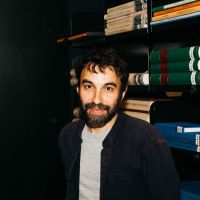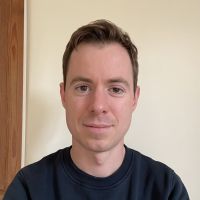Panel
Strange bedfellows, indeed: How the impact of the current political moment could accelerate an open science future
Moderator

Sara Rouhi
Open Science in Turbulent Times: Co-Opted or Catalyzed?
Amid political attacks on science in the US, Open Science finds itself championed for unexpected reasons. Is this a co-optation, or a catalyst for global change? Join a provocative panel exploring how shifting power dynamics, funding priorities, and ideologies are reshaping the future of international research, openness, and scientific integrity.
The current US government attacks on science and international collaboration are shaking the foundations of the global scientific endeavor. The damage to both research itself and the essential underpinnings of good science – collaboration, integrity, openness – may be irreversible.
US government acts of censorship, intimidation and erasure – like the removal of critical websites, discontinuation of vital data collection, and proliferation of conspiracy theories and debunked research – would lead the casual observer to assume the administration was anti-science at its core, and open science, itself, would be anathema. However, open science advocates within the administration – including the current NIH Director, Jay Bhattacharya – are viewing openness in a different light. They argue open practices will keep the government and scientific community accountable, reducing group think and enabling greater freedom for inquiry.
So, where does this leave open science globally, given the reduction in US research funding and the EU/UK commitment to increasing support (and poaching) those researchers? Does the shift in emphasis by the current Administration still move us collectively toward a more open future that achieves similar goals, just under different motivations? How are funders, research institutions and researchers themselves thinking about the global scientific endeavor in this new world? Is the open science movement being co-opted? Join this panel of experts – researchers, practitioners, and open science advocates – for a robust debate on the strange bedfellows pushing for open science policies in this new world.
Panelists

Christopher Marcum

Dan Rudmann
